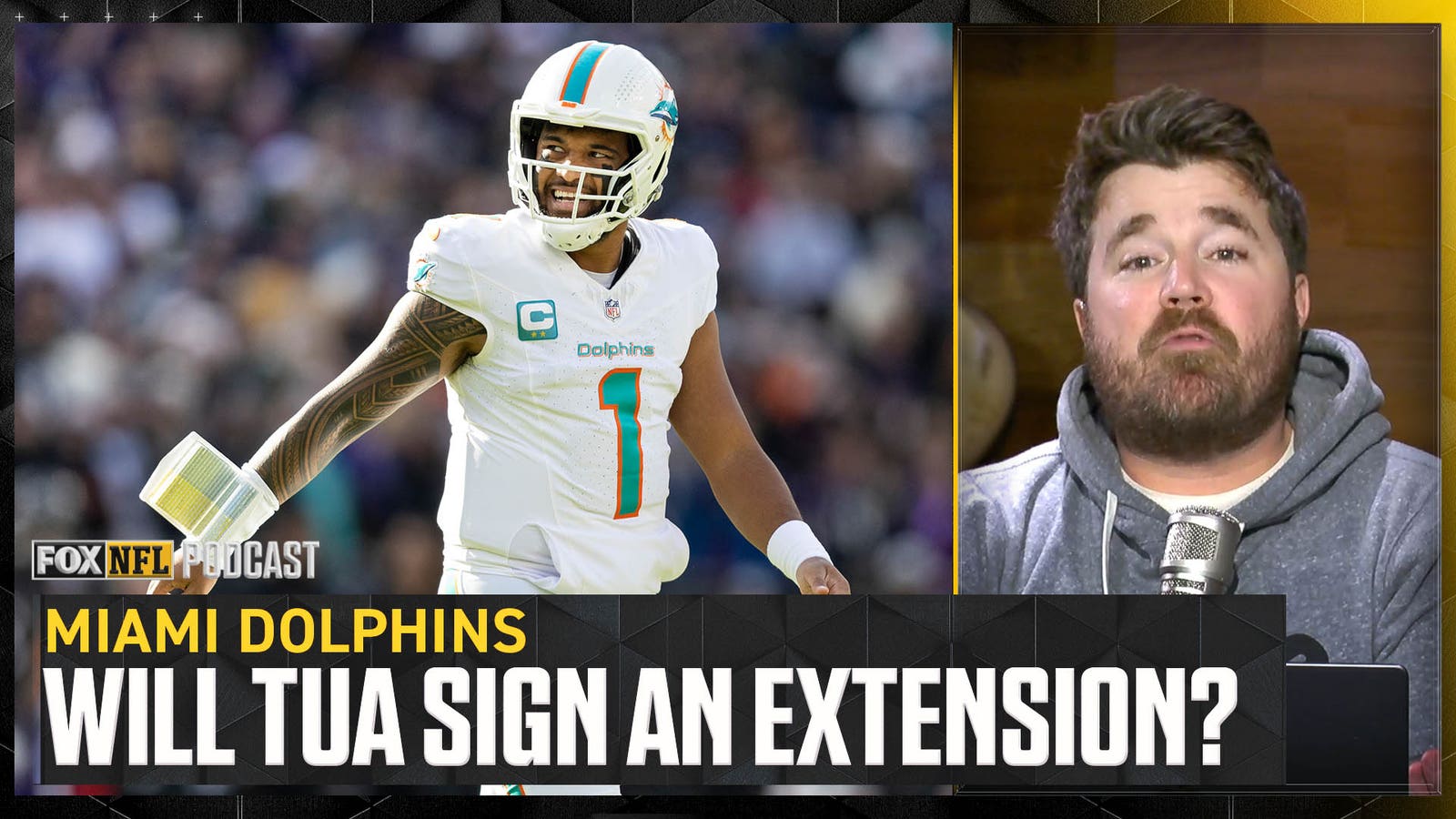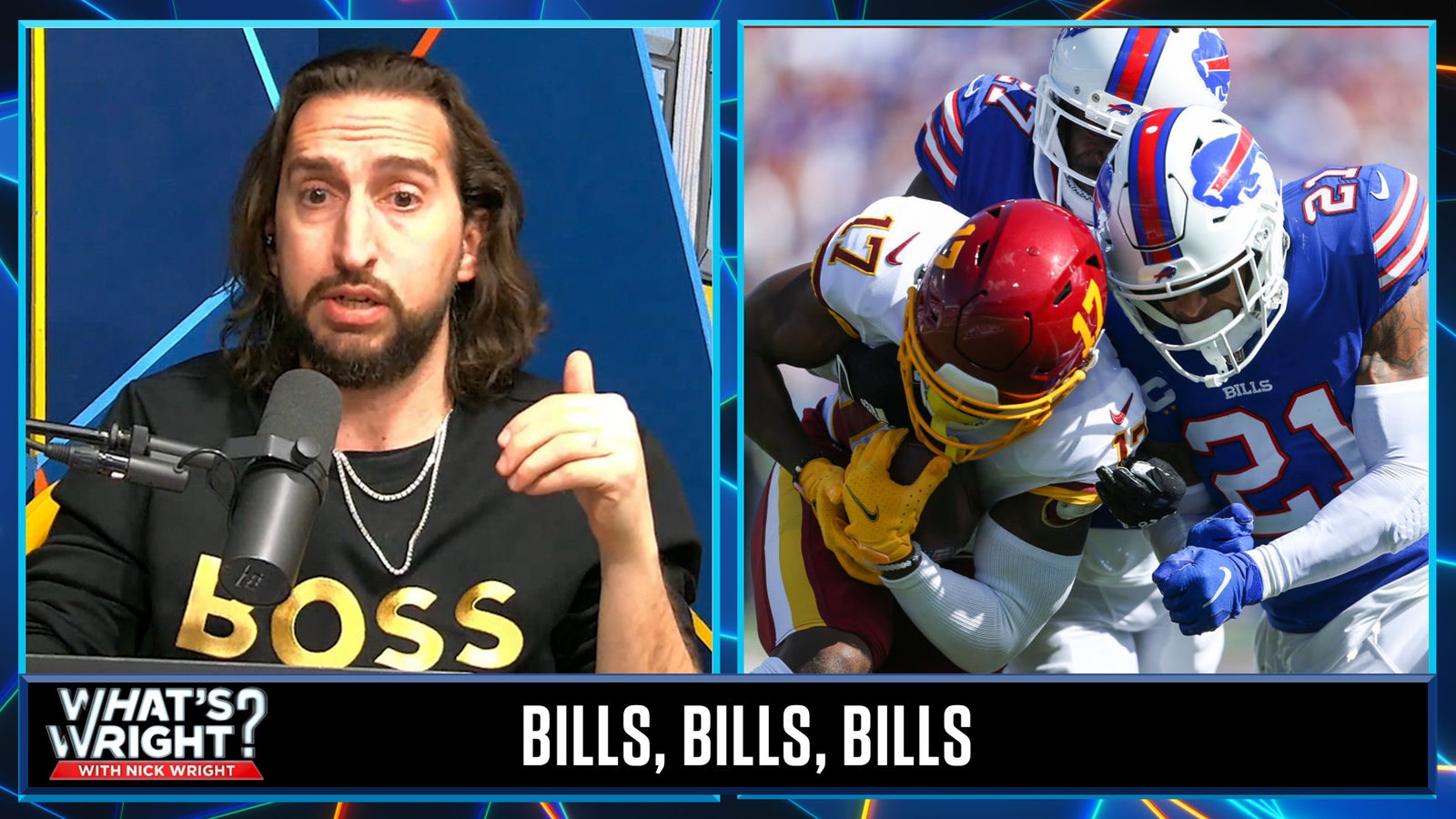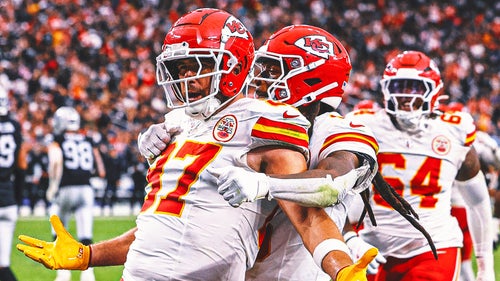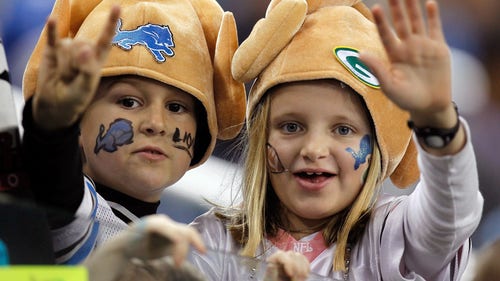
Dolphins, Bills had the same cap problem but totally different solutions
Neither the Buffalo Bills nor the Miami Dolphins were truly ready for the 2024 season. About seven days before the new league year opened on Wednesday, both teams were at least $40 million over the salary cap. Their week would be about getting that number out of the red.
And though many expected the Dolphins to extend Tua Tagovailoa and restructure some of their stars like Tyreek Hill, they instead did the dirty work of cutting a handful of their veterans (Xavien Howard, Emmanuel Ogbah, Jerome Baker, Keion Crossen) while watching other stars, like Christian Wilkins and Robert Hunt, walk in free agency.
[READ MORE: 2024 NFL free-agency grades: Evaluating every major signing so far]
It was a similar story for the Bills, who on March 6 released safeties Jordan Poyer and Micah Hyde, center Mitch Morse, cornerbacks Tre'Davious White and Siran Neal and receiver Deonte Harty. Maybe the first few days of free agency were tough for Dolphins fans, with their favorites leaving Miami, but that Wednesday couldn't have been easy for Bills fans.
The process for getting their books in order was slightly different. The effect was similar. Both the Dolphins and Bills lost a handful of important starters. Both teams got under the salary cap. And so when the tampering window opened, they could add players.
That's when their approaches have really seemed to diverge.
Miami has been surprisingly active. The team has added Poyer (from Buffalo), Neal (also from Buffalo), cornerback Kendall Fuller, center Aaron Brewer, linebackers Jordyn Brooks and Anthony Walker, edge Shaq Barrett, defensive tackle Neville Gallimore and tight end Jonnu Smith. To me, that looks like around five Week 1 starters (Poyer, Fuller, Brewer, Brooks, Barrett/Walker).
The Dolphins can be so active because they have players taking discounts to join their ranks. Poyer's deal — a one-year, $2 million contract — is particularly team-friendly. Tackle Terron Armstead settled for a pay cut despite being a top performer at one of the NFL's most valuable positions. Smith seemed to settle for small dollars with plenty of incentives.
Why pick Miami?
"The opportunity to go and win a world championship," Smith told reporters via Zoom Wednesday. "Adding me to this offense and to the system and to this team ultimately, that could be a solution to helping us get to where we wanna go."
The Dolphins might have fallen out of favor with the media at the end of the season, losing the faith of most analysts as they steadily fell out of Super Bowl contention. But it seems players around the NFL want to play for coach Mike McDaniel and general manager Chris Grier. The Dolphins were the highest-graded employer among NFL teams in the NFLPA's anonymous player survey. They might not (yet) know how to beat the Chiefs (or any playoff contender), but the Dolphins are still an easy sell in free agency. It helps, too, that they have the beach and no state income tax. It all helps Miami attract free agents.
A part of why the Dolphins can afford these free agents? They have plenty of cap space in 2025 ($59 million), in part because they have just 28 players under contract. (That's a very small number.) They also have no QB1 under contract in 2025. (That's an expensive position.) It will be interesting to see how much of Tua's contract extension eats into that sum. But Miami still has room to keep building this year and next year.
The Bills, meanwhile, inched their way below the cap only to watch the free agency action from the sidelines. Buffalo has retained a few key in-house free agents. Safety Taylor Rapp, guard David Edwards, defensive tackle DaQuan Jones and edge A.J. Epenesa were the right blend of quality, need and value with those contracts.
But GM Brandon Beane's out-of-house free agents are a humble group, with — maybe — one exception. I predicted before free agency that Curtis Samuel might be Beane's splurge signing in a similar move to what the Bills did last year with Leonard Floyd, a human plug on the depth chart. And that's largely because of their salary cap situation in 2025. They're already down to just $24 million in cap space next year, with QB Josh Allen's cap hit moving up to $60 million.
Buffalo still has two clear issues from my vantage: safety and defensive tackle. But the Bills will likely address those issues with veteran minimum contracts. Buffalo also has 11 picks in the 2024 NFL Draft.
"We will work around it," Beane said when asked about the salary cap problems. "We're not planning to take a year off and just not be competitive. Will we be younger in some areas? Yes. Will we have to rely on draft picks? Yes. But I'm not laying my head down tonight going, ‘We don't have a shot at it next year.'"
Beane and coach Sean McDermott were notorious for avoiding playing their rookies sooner than they needed. But as Allen's contract grows more substantial in the scope of their salary cap, Buffalo has needed to lean on younger players. That's just the natural order of salary cap gymnastics when a QB moves off his rookie deal. Last year, the Bills started guard O'Cyrus Torrence and made major use of tight end Dalton Kincaid. Buffalo might be looking at a similar situation in 2024 when, if they draft properly, they'll have two or three rookies contributing substantially to their roster.
And because the Bills prefer to build through the draft — Miami seems to favor the trade market, where they give up picks for veterans (Hill, Bradley Chubb, Jalen Ramsey) — Buffalo has a backlog of younger players primed for bigger roles. Last year, running back James Cook, cornerback Christian Benford, linebacker Terrel Bernard and receiver Khalil Shakir took sizable steps forward. We may see something similar from linebacker Dorian Williams or receiver Justin Shorter (both from the 2022 class) — or even some of the players from other recent drafts (CB Kaiir Elam, for example, who has been a bust to this point).
The Bills are hanging back in free agency to see which guys become available. The Dolphins are going out and getting Their Guys. Maybe these teams went into the free agency period with the same problem. But they've addressed it and built around it in totally different ways.
And those decisions will likely dictate the outcome of the AFC East.
Prior to joining FOX Sports as the AFC East reporter, Henry McKenna spent seven years covering the Patriots for USA TODAY Sports Media Group and Boston Globe Media. Follow him on Twitter at @henrycmckenna.












